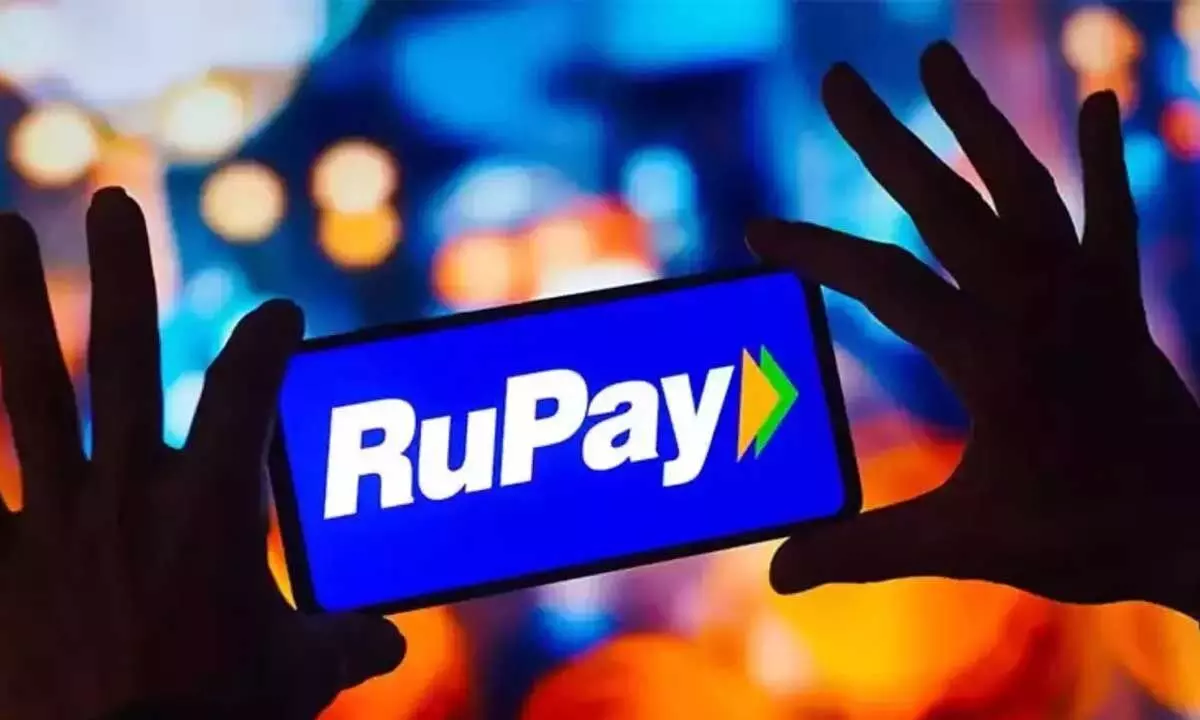Maldives to launch RuPay
Despite tense India-Maldives ties, the island nation has announced that it will soon launch India’s RuPay service “to bolster the Maldivian Rufiyaa.”
image for illustrative purpose

Despite tense India-Maldives ties, the island nation has announced that it will soon launch India’s RuPay service “to bolster the Maldivian Rufiyaa.”
This comes weeks after Maldivian Tourism Minister Ibrahim Faisal reportedly urged Indians to visit the archipelago nation in large numbers. This was against the backdrop of President Mohamed Muizzu persisting with a hostile attitude towards Delhi.
It may be recalled that tourism is a major sector in Maldives.
Now, Minister of Economic Development and Trade Mohamed Saeed has spoken about the upcoming launch of RuPay. “The upcoming launch of India’s RuPay service is anticipated to further bolster the Maldivian rufiyaa (MVR),” Saeed told state-run PSM News.
Developed by National Payments Corporation of India (NPCI), RuPay is India’s first global card payment network and is widely accepted at ATMs, POS devices, and e-commerce websites across the country.
While the date of the launch of RuPay in Maldives has not been announced, Saeed said that “addressing the dollar issue and reinforcing the MVR is a top priority for the current administration.”
During the official visit of the then president of Maldives Ibrahim Mohamed Solih to India in August 2022, a joint statement had said, “The two leaders welcomed the ongoing work to operationalize the usage of RuPay Cards in Maldives and agreed to consider further measures to boost bilateral travel and tourism and economic inter-linkages.”
India and China have agreed to cooperate in efforts to pay for imports in their respective currencies instead of the US dollar, Maldives said on May 22.
Maldives imports goods worth $780 million from India and $720 million from China, as per the minister who had said in April that Maldives was discussing payments for imports in rufiyaa with India and China.
“We are negotiating with both sides to make arrangements for us so that, for example, for imports from China, the shipping company can bring the invoice and the payment can be settled by converting Maldivian Rufiyaa to their local currency through the banks, instead of US dollar,” Saeed said.

